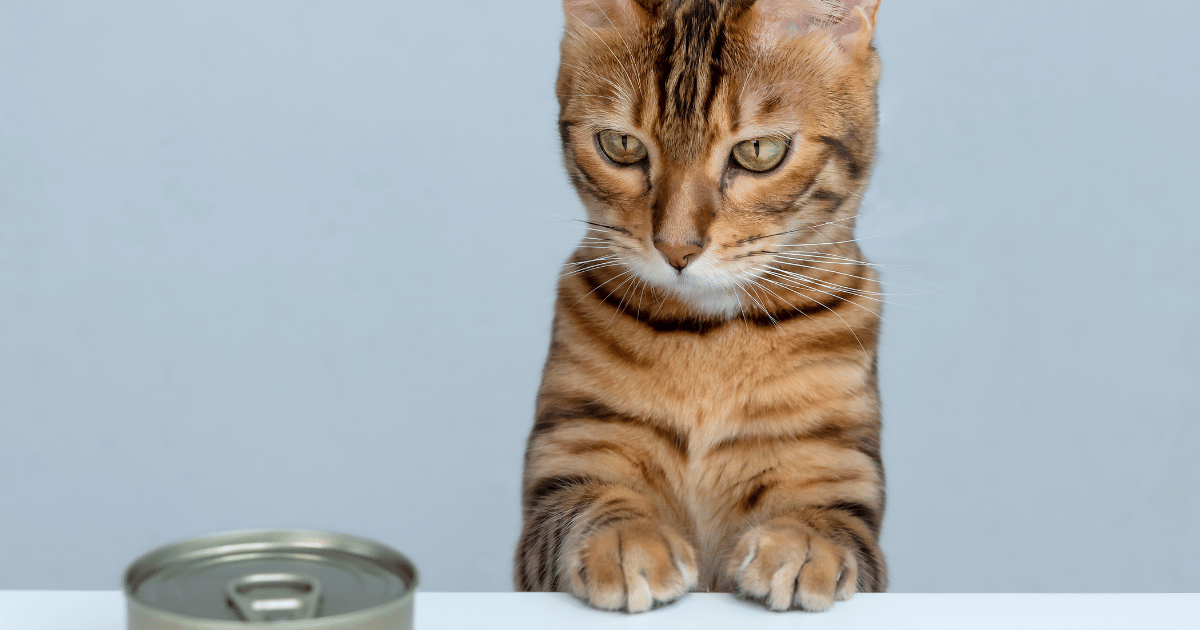Uncategorized
Signs of a Healthy Cat: What to Look For
As cat owners, we want nothing but the best for our feline companions. Ensuring that our cats are healthy is essential for their overall well-being. By observing certain signs, we can determine whether our cats are in good health or if they require veterinary attention. In this article, we will explore the five key signs of a healthy cat, how to identify signs of poor health, what to look for when choosing a cat, ways to check your cat’s health at home, and whether cats can sense if their human is sick.
Signs of Good Health in Cats
-
Clear and Bright Eyes: Healthy cats have clear, bright, and alert eyes. The pupils should be of equal size, and there should be no excessive tearing, redness, or discharge. Cloudiness or changes in eye color may indicate an underlying health issue.
-
Shiny and Well-Groomed Coat: A healthy cat’s coat is smooth, shiny, and free from matting or excessive shedding. Regular grooming not only helps maintain their coat’s condition but also allows you to check for any skin abnormalities, such as sores, bumps, or flakiness.
-
Strong Appetite and Adequate Weight: A healthy cat has a good appetite and maintains a stable weight. They should show interest in their food, eat without difficulty, and have a healthy weight range according to their breed and age. Sudden weight loss or gain can be a sign of underlying health problems.
-
Clean Teeth and Fresh Breath: Dental health is crucial for cats. Healthy teeth should be clean, without tartar buildup, and the gums should be pink and not inflamed or bleeding. Regular dental care, including brushing and professional cleanings, is important to prevent dental disease.
-
Active and Playful Behavior: Cats are naturally curious and playful animals. A healthy cat will display enthusiasm for play, explore their environment, and engage in regular exercise. Lack of energy, excessive sleep, or significant behavior changes may indicate a health issue.
Identifying Signs of Poor Health
Recognizing signs of poor health in your cat is vital for timely intervention. Here are some indicators that your cat may be unhealthy:
-
Changes in Eating and Drinking: A sudden decrease or increase in appetite, difficulty swallowing, excessive thirst, or frequent vomiting can indicate underlying health problems.
-
Altered Bathroom Habits: Changes in litter box habits, such as urinating outside the box, straining, or having diarrhea or constipation, may signal health issues.
-
Unexplained Weight Loss or Gain: Significant changes in weight without a change in diet or activity level can be indicative of underlying health conditions.
-
Abnormal Discharge or Odors: Unusual discharge from the eyes, nose, ears, or genitals, as well as foul odors, can be signs of infections or other health concerns.
-
Behavioral Changes: If your cat becomes unusually aggressive, lethargic, withdrawn, or displays any significant behavioral changes, it may indicate an underlying health problem.
What to Look for in a Cat
When selecting a cat, whether from a shelter or a breeder, it is essential to consider the following factors:
-
Overall Appearance and Body Condition: Look for a cat with bright eyes, a shiny coat, and a healthy weight. Avoid cats that appear lethargic or have visible signs of poor health.
-
Behavior and Temperament: Observe the cat’s behavior to ensure it aligns with your lifestyle and preferences. Friendly, curious, and well-socialized cats often make excellent companions.
-
Health History and Veterinary Records: Request information on the cat’s vaccination history, deworming, and any previous medical conditions. Ensure the cat has received appropriate veterinary care.
-
Compatibility with Your Household: Consider factors such as allergies, other pets, and children in your household to ensure the cat will fit well into your home environment.
Checking Your Cat’s Health at Home
While regular veterinary check-ups are crucial, there are some simple ways to monitor your cat’s health at home:
-
Physical Examination: Regularly examine your cat’s eyes, ears, teeth, coat, and skin for any abnormalities. Look for lumps, wounds, or changes in body condition.
-
Monitoring Eating, Drinking, and Elimination: Keep an eye on your cat’s eating and drinking habits, as well as their litter box usage. Changes in these areas can be early indicators of health problems.
-
Maintaining a Healthy Environment: Provide a clean and safe environment for your cat. Ensure they have access to fresh water, a balanced diet, and a stress-free living space.
-
Observing Behavior and Energy Levels: Pay attention to any changes in your cat’s behavior, activity levels, or interactions with you and other pets. Unusual behavior patterns may warrant a veterinary visit.
Can Cats Sense if Their Human is Sick?
Cats have a remarkable ability to detect changes in their environment, including changes in their human’s health. While it is not fully understood how they do it, many cat owners have reported their cats displaying unusual behavior when their owners are unwell. Cats may exhibit increased attentiveness, purring, or staying close to their sick human. However, it is important to note that cats cannot provide a medical diagnosis or replace professional medical advice.
Conclusion
In summary, understanding the signs of a healthy cat is crucial for responsible cat ownership. By observing clear and bright eyes, a shiny coat, a strong appetite, good dental health, and active behavior, we can ensure our cats are in optimal health. Additionally, recognizing signs of poor health, carefully selecting a cat, regularly checking their health at home, and seeking veterinary care when necessary contribute to their overall well-being. Remember, at ChimpyTrendy: we are dedicated to providing trending and high-quality pet products that support the health and happiness of your beloved feline companions.


